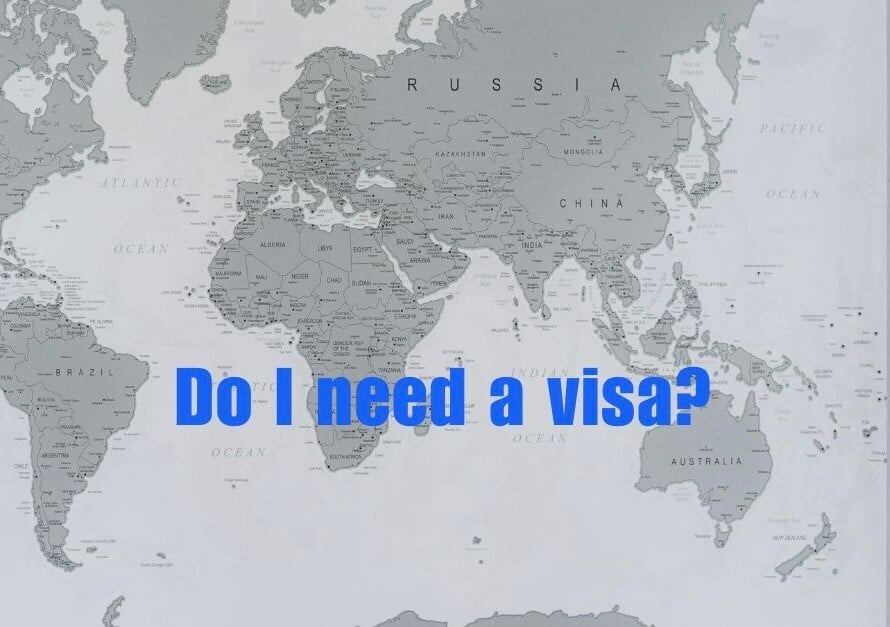
We know that you visit our website because you’re on a mission – to get the right travel info, right now. And you’re in luck! This blog is your one-stop shortcut for answers to some of our most frequently asked visa-related questions. It’s still early in the year, and we’re not about to make you work hard for info you know is here on our platform somewhere.
We went into our archives, dusted off the top blogs and pulled out the most popular questions travellers like you are asking.
How early should you start applying for your visa?
The time it takes to get your visa approved can depend on the type of visa you need and the country you’re visiting.
General guidelines:
- Tourist visas: apply up to 90 days before your trip – but avoid last-minute submissions
- Student visas: start several months in advance to avoid last-minute stress
-
Work visas: these often have stricter requirements and longer waiting periods. Start applying at least three to six months in advance
If you're uncertain about the paperwork required for visa applications, check out our FAQs on document preparation for advice on navigating the process.
What are the most common reasons for visa application rejections?
Many visa applications end up being rejected because of avoidable mistakes. In another blog post, we shared some of the biggest red flags that usually lead to an application being disqualified. These include:- Incomplete or inaccurate documentation
- Missing passport copies
- Providing false information
- Applying for the wrong type of visa
- Ignoring application timelines
- Overlooking key requirements
Do you need travel insurance when applying for a visa?
Short answer? Yes, you do! Travel insurance isn’t just a box to tick on your visa application.
At Travelisa, we feel so strongly about this subject that we have published a dedicated blog article on the importance of having travel insurance when applying for a visa.
Medical emergencies, lost luggage and cancelled flights aren’t just minor irritations; they can ruin a trip and put a hole in your wallet. But when you have good travel insurance, it doesn’t just cover medical contingencies – it also often comes with 24/7 communications support, which can be a total lifesaver if you run into problems halfway across the world.
So, be a responsible traveller by investing in comprehensive travel insurance to ensure that your health, finances and travel plans are taken care of in any eventuality.